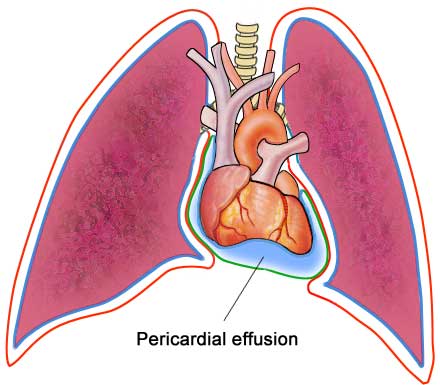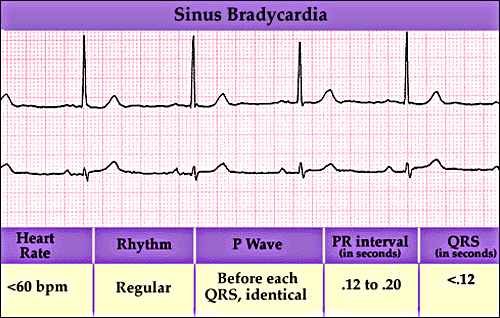In patients with extensive disease such as yours, by far the best solution is a coronary bypass operation if non-medical treatment is needed.
I have written about this extensively and hope reading this link will help you, Look at the results I achieved with my patients and make up your mind about what you think is best for you.
Hope this helps,
Stents cannot be removed. Any surgeon who tells you it is just a simple operation is just wrong, certainly if time has gone by. If absolutely necessary, the segment of the involved artery can be resected and then replaced with an artificial graft. In general it is much easier to perform a bypass operation and leave the stent alone.
Hope this helps,
Good question, so why don’t you ask that cardiologists? When the pericardium becomes inflamed, the amount of fluid between the heart and the pericardium increases. This squeezes the heart and restricts its action and in his case, may have caused the AF/Flutter.
Btw CAD has not been excluded and could yet be present, but I agree the focus should be on determining…
Patients with Sick Sinus Syndrome may develop alternating too slow and/or too fast heart rhythms, also known as tachy-brady syndrome:
Like in your case, often patients don’t have any symptoms, or if not, may present with fatigue, dizziness, palpitations, and (near) fainting. Sick sinus syndrome may be aggravated by some drugs that include Beta Blockers.
You have a chronic disease called coronary artery disease (CAD), a complication of atherosclerosis. Although it is possible to slow down its progression, it is unlikely that it will stop and/or disappear. In addition you have a stent, which has a 10-15% failure rate and of course will not protect you against other blockages such as the one in your LAD if it gets worse.
Best course of action:…
Re: “He was in sinus rhythm all the time”, he was not, hence all those arrhythmias.
Your husband needs to be seen by a cardiologist and be evaluated with a number of tests that include a Cardiac echo, and a Stress test for “dangerous” arrhythmias, coronary artery disease and/or a poor heart function. Not…
Stents have a 10-15% failure rate in the first year of implant when the cardiologist judge it is an optimal situation. In your case, if a procedure is indicated, you will be much better of with a CABG. I have written about your situation here: How long does a heart stent last? Do they need to be replaced?
Contrary to what you heard, there are significant differences between stents (PCI) and CABG. Here is a review I wrote for medical professionals: CABG Superior to PCI in long-term treatment of coronary artery disease.
If you believe this answer helped, please consider a charitable…

Hi Don,
Premature Ventricular Contractions (PVCs) are relatively common. Some people are very sensitive and feel every abnormality, others are unaware of them.
“Dangerous” PVCs are generally limited to patients with significant underlying heart disease, such as coronary artery disease or valve disease. …
There is no straight answer. Optimal treatment depends on whether there is viable heart muscle in the infarct area or whether there is only a residual scar that will not benefit from improving the blood supply. If the first is true, bypass surgery(CABG) has much better results than stenting in preventing further damage and improving…



